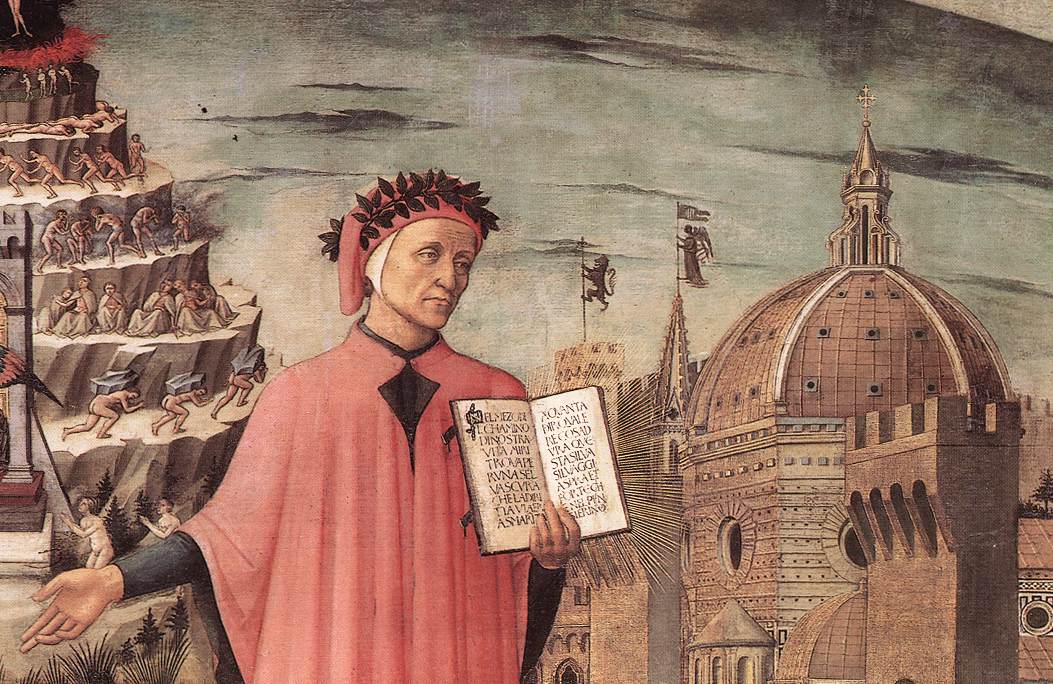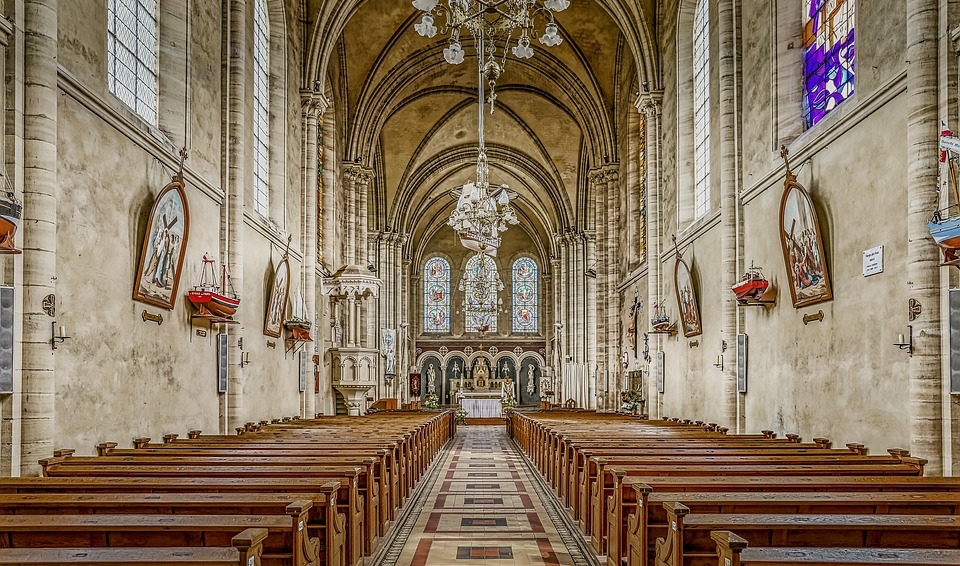GUEST POST: Daria Sockey is the author of The Everyday Catholic’s Guide to the Liturgy of the Hours. (LOTH) She is also a frequent contributor to Catholic Digest. She lives in Northwest Pennsylvania. Here she reflect on how the psalms and readings of the LOTH (also called the Divine Office) are instructing her through this most extraordinary and difficult time for the Church. I am pleased Daria permits its publication here, as a guest. – ES.

On the Office of Readings, August 26, 2018 21st Sunday in Ordinary Time
by Daria Sockey
It’s the “Summer of Shame”, which promises to become a Fall of Shame. (And Winter? Year? Decade?)
We’re living with the pain of the sexual abuse scandals at every level in the church. For me, it began in May, when a former pastor of my parish church (whom I’d once thought of as the ideal priest) went to jail for the usual reasons that priests go to jail.
Then in June came the revelations about (the former) Cardinal McCarrick.
In August, the Pennsylvania grand jury report on decades of abuse across my state. Horrifying as it all was, I could only pray that more of the rot would be revealed in other states and other nations, in the hope that only through the horror and shame of such revelations would come the possibility of cleansing and healing.
As the saying goes, be careful what you pray for. Less than two weeks after I began doing penance that God might grant courage to more clerics to speak out about who-knew-what-and when, Cardinal Vigano made his explosive statement about corruption and coverup at the highest levels in the church. Once more, that tumult of anger, sadness, confusion, betrayal. Though the story is still shaking out, and all is not known, as I read Vigano’s letter the only small comfort was to remember that “I” meant “we”: the many comments of many friends and acquaintances on social media all conveyed the same tumultuous emotions along with the conviction that this newest bombshell was necessary.
This morning, I went out on the front porch with my breviary and a cup of coffee. My custom — when time permits — is to say the Office of Readings, immediately followed by Lauds. What I read there fit perfectly with my own mood and with the state of the Church. It wasn’t so much comforting as bracing.
Most of us, being nice people, are a tad uncomfortable with those psalms that heap abuse on the wicked while fervently hoping for their downfall. In prayer we usually apply those verses to the enemies we can safely detest without being judgmental: Satan, and our own sinful inclinations become the foes whose faces we wish to strike and whose teeth we want to break. (Psalm 3:8) And that is fine.
But another object of our Psalmic scorn can be institutionalized sin. And today’s Psalter (Psalms 1, 2 and 3) certainly helped me decry that with God’s own inspired word. “For they, like winnowed chaff, shall be driven away by the wind. When the wicked are judged they shall not rise.”(Psalm 1:4-5) “His rage will strike them with terror.” (Psalm 2:5) And of course, the bit about dental issues already cited.
How much do we dare — we who are all sinners — to apply such verses to individuals, to wish for the downfall of clerics who have victimized young people (from children to seminarians) or who have been complicit or timid in the face of these crimes? I think to the extent that by “downfall”, we want them to “fall down.” Fall down from positions of authority they did not deserve. Fall down in repentance so that their souls may be saved. If we can wish for that without savoring their pain (if and when that occurs), then I think we are on solid ground.
Let’s move on. The first reading was from Zephaniah. It’s even more bracing, and more sobering, than the psalms, which at least leave us righteous folk in a position to criticize. But chapter 1 verses 1 thru 7, then 14 thru 18 suggest an apocalypse that will leave none of us untouched. “I will completely sweep away all things from the face of the earth, says the Lord…I will sweep away man and beast…I will overthrow the wicked; I will destroy mankind from the face of the earth, says the Lord….I will stretch out my hand against Judah, and against all the inhabitants of Jerusalem…A day of wrath is that day, a day of anguish and distress, A day of destruction and desolation…”
As I read that on this particular day, I somehow can’t bring myself to say, “Wait Lord! Destroy them but don’t hurt us! It’s not our fault! Fix things so that the church is purified quickly and we can become comfortable once more!” Because, A) It’s a fact of history that the good and the evil both suffer when plagues, wars and purges wrack the earth and B) How “good” am I, anyway? Sometimes my kids protested their innocence when I punished them. I’d reply, if that’s the case, then this is for the times you did wrong and didn’t get caught, and 3. I haven’t read the final chapter that God has already written in this drama.
The reading concludes with a few verses of chapter 2, which suggest that maybe, just maybe, we will be spared the worst of it: “Seek the Lord, all you humble of the earth who have observed his law; Seek justice, seek humility; perhaps you may be sheltered on the day of the Lord’s anger.”
Justice AND humility. It’s a fine line to walk, but it all makes sense. Walk that line, in fear and trembling.
Finally, the concluding prayer (which is also Sunday’s collect at Mass) pointed me towards ongoing attitude adjustment:
“…Grant…that amid the uncertainties of this world, our hearts may be fixed on that place were true gladness is to be found.”
I invite everyone to take up the Liturgy of the Hours, in whole or in part, during this turbulent time. It will give you the words — God’s word — for praying and thinking about this crisis.
Image: Anthony Easton/flickr/PinkMoose
See also: The Spiritual Alimentary System of the Church is Polluted
This blog is a participant in the Amazon Services LLC Associates Program, an affiliate advertising program designed to provide a means for the blogger to earn fees by linking to Amazon.com and affiliated sites.



2 Comments
Caledon Scott · August 30, 2018 at 2:58 am
Who wrote this liturgy?
Priests. That’s who.
I have no confidence in anything penned by a class of people now exposed as so very, very UNholy. You might say I’m wrong to tar every priest with the same brush, but as far as I can see, they all knew about the abuse that was perpetrated by their colleagues and they all colluded in covering it up.
This phenomenon isn’t new. Every generation has or had its stories about touchy-feely inappropriate priests and mean ornery nuns. They all knew such behaviour was going on among them. They all protected each other and tried to shield their colleagues from the consequences of their behaviour.
So we’re supposed to place our trust in anything written by these people? In any of their reflections and recommendations?
Good trees do not produce bad fruit, or so says the bible. Given the rot at the heart of the church that can no longer be hidden, how can anyone trust anything devised by a class of people exposed as comprehensive, one might almost say, pathological liars?
As far as I’m concerned, all these ceremonies, liturgies and dogmas are tainted beyond redemption.
My Soul Clings To you | The CatholicPsych Institute · September 10, 2018 at 6:52 am
[…] Go Deeper In Prayer For me, I am finding more union with Christ through Morning Prayer in the Liturgy of the Hours- the prayer of the Church. Several months ago my spiritual director gave me a few psalms for meditation, one being Psalm 69. The other day I had a powerful prayer experience during Morning Prayer with Psalm 69 again. These words took on a whole new depth of meaning: “My soul clings to you, your right hand upholds me.” I love this article by Daria Stockey and recommend everyone read it, “The Church’s Summer of Shame Promises a Fall of Shame. LOTH Helps.” […]